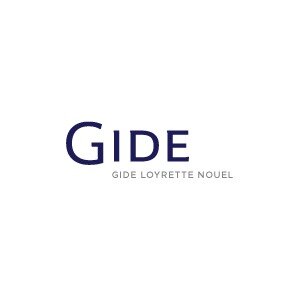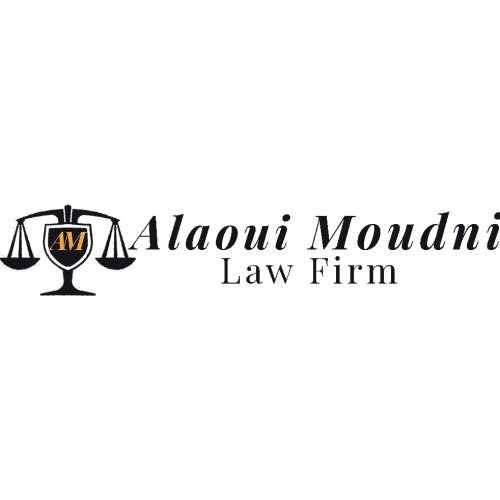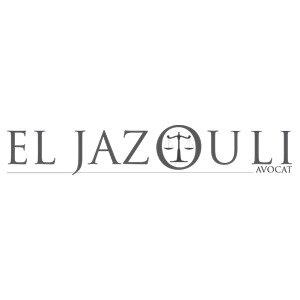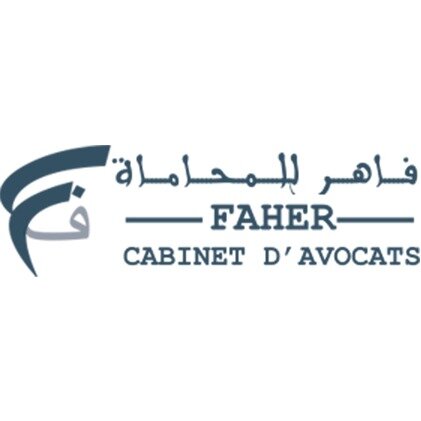Best Brokerage Lawyers in Morocco
Share your needs with us, get contacted by law firms.
Free. Takes 2 min.
Free Guide to Hiring a Real Estate Lawyer
Or refine your search by selecting a city:
List of the best lawyers in Morocco
About Brokerage Law in Morocco
Brokerage law in Morocco regulates the activities of brokers who facilitate transactions between buyers and sellers in various domains, including real estate, finance, and commodities. Brokers must adhere to specific guidelines and obtain necessary licenses to operate legally. The legal framework aims to ensure transparency, fairness, and accountability while protecting the interests of all parties involved in brokerage transactions.
Why You May Need a Lawyer
There are several common scenarios where individuals and businesses may require legal help related to brokerage in Morocco:
- Understanding the complex legal requirements for obtaining a brokerage license.
- Drafting and reviewing brokerage contracts to ensure compliance with regulatory standards.
- Resolving disputes between brokers and clients or between brokers themselves.
- Assistance in cases of alleged fraud or misconduct by a broker.
- Navigating the legal implications of cross-border brokerage activities.
Local Laws Overview
Several key aspects of Moroccan law are particularly relevant to brokerage:
- Licensing: Brokers are required to obtain a license from relevant authorities to legally operate in Morocco, often necessitating proof of expertise, financial stability, and a clean professional record.
- Regulation: The Ministry of Industry, Trade, Investment, and Digital Economy is often involved in the regulation of brokerage activities, ensuring compliance with national standards.
- Contracts: Brokerage agreements must be clearly defined, with stipulated terms regarding commission, duties, and responsibilities of the broker and client.
- Consumer Protection: Legal frameworks are in place to safeguard clients against fraud and ensure they understand the risks involved in transactions.
- Dispute Resolution: Moroccan law provides avenues for mediation or litigation in case of disputes involving brokerage services.
Frequently Asked Questions
What is the legal definition of a broker in Morocco?
A broker in Morocco is a licensed professional who conducts negotiations on behalf of others for a commission, facilitating transactions such as buying or selling properties, securities, or other assets.
How can I ensure a broker is legally licensed?
To verify a broker's license, you may check their accreditation with relevant Moroccan governmental bodies, such as the Ministry of Industry, Trade, Investment, and Digital Economy.
What fees are brokers legally allowed to charge?
Brokerage fees are typically a percentage of the transaction value; however, the exact percentage should be stipulated in the brokerage contract and must comply with legal guidelines to ensure fairness.
What should be included in a brokerage contract?
A brokerage contract should include details such as the scope of services, commission rates, terms of payment, duration of the agreement, and dispute resolution mechanisms.
Are brokers required to disclose their affiliations?
Yes, transparency laws in Morocco require brokers to disclose any affiliations or interests that may influence their professional actions or advice.
What legal recourse do I have if I suspect broker fraud?
If you suspect fraud by a broker, you should consult a lawyer to assess the situation and possibly file a complaint with the pertinent regulatory authorities.
How do cross-border brokerage transactions work?
Cross-border transactions require additional regulatory considerations and may involve compliance with both Moroccan and international laws. Legal guidance is recommended in such cases.
Can a brokerage contract be terminated early?
Yes, but the conditions for early termination should be specified in the contract. Legal advice might be needed for understanding the implications and processes involved.
What are the penalties for unlicensed brokerage activity?
Operating without a proper license can lead to significant fines, legal action, and possible imprisonment according to Moroccan law.
Is a broker responsible for transaction guarantees?
Brokers are not typically responsible for guaranteeing the outcome of a transaction, but their role is to facilitate the process effectively. However, specific responsibilities may be outlined in the contract.
Additional Resources
Below are some resources that might be helpful for anyone seeking legal advice in the field of brokerage in Morocco:
- Ministry of Industry, Trade, Investment, and Digital Economy: Provides guidelines and regulations for brokers.
- Moroccan Association of Brokers: Offers support and resources for professionals in the brokerage industry.
- Local Legal Aid Services: Provides assistance for those needing legal advice or representation.
Next Steps
If you need legal assistance in brokerage matters, consider the following steps:
- Consult with a lawyer specializing in brokerage law to understand your legal standing and options.
- Gather all relevant documents, including contracts, communication records, and any evidence related to your case or query.
- Contact government agencies or industry associations for additional guidance and clarification on specific regulatory requirements.
- Keep informed about changes in laws and regulations that may impact your brokerage activities or understanding.
Lawzana helps you find the best lawyers and law firms in Morocco through a curated and pre-screened list of qualified legal professionals. Our platform offers rankings and detailed profiles of attorneys and law firms, allowing you to compare based on practice areas, including Brokerage, experience, and client feedback.
Each profile includes a description of the firm's areas of practice, client reviews, team members and partners, year of establishment, spoken languages, office locations, contact information, social media presence, and any published articles or resources. Most firms on our platform speak English and are experienced in both local and international legal matters.
Get a quote from top-rated law firms in Morocco — quickly, securely, and without unnecessary hassle.
Disclaimer:
The information provided on this page is for general informational purposes only and does not constitute legal advice. While we strive to ensure the accuracy and relevance of the content, legal information may change over time, and interpretations of the law can vary. You should always consult with a qualified legal professional for advice specific to your situation.
We disclaim all liability for actions taken or not taken based on the content of this page. If you believe any information is incorrect or outdated, please contact us, and we will review and update it where appropriate.
Browse brokerage law firms by city in Morocco
Refine your search by selecting a city.

















